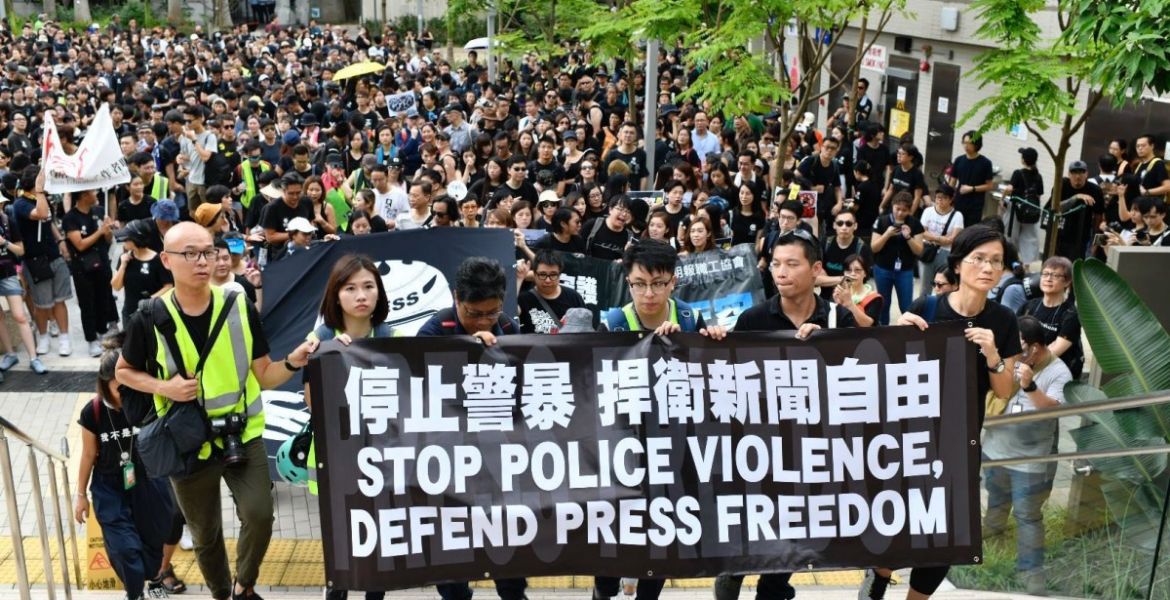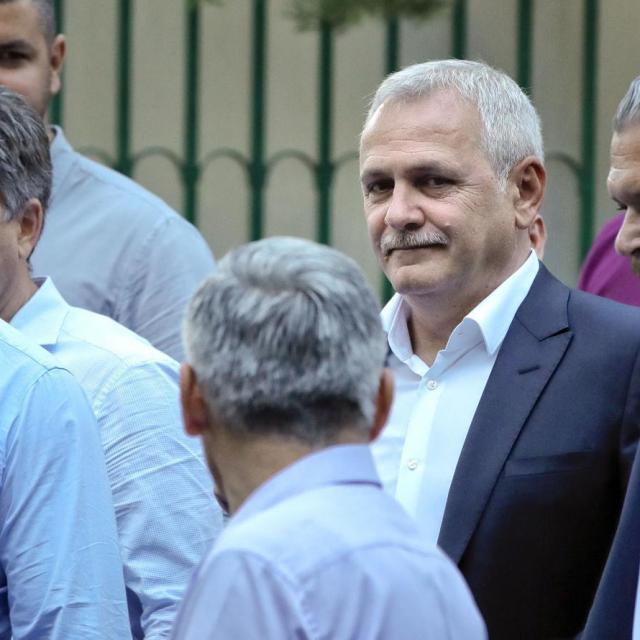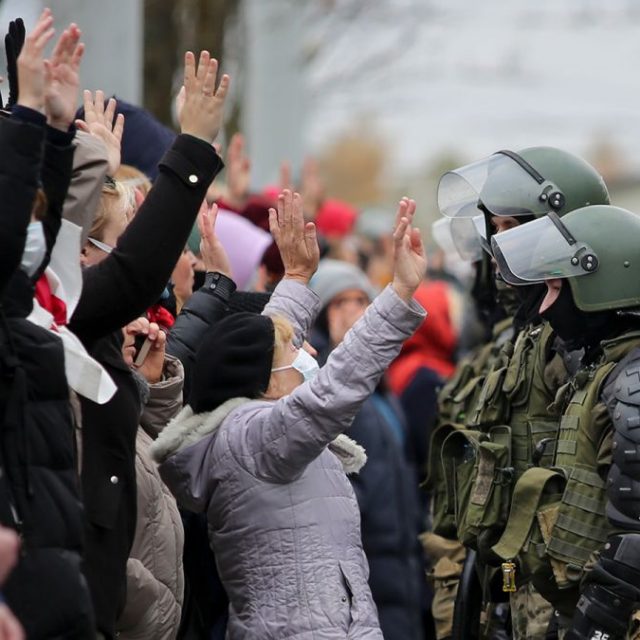The “alarming” scale of violence and violations against journalists and press freedom in the world has been revealed at an event in Brussels.
Such attacks also include Belgium where there have been no less than 11 violations registered in the last 8 months alone.
This was disclosed at the event held earlier this week at Brussels Press Club on press freedom.
A proposal by Ossigeno per l’Informazione to unite non-governmental associations, institutions, trade unions and politicians in a joint effort to advance the fight against impunity for crimes against journalists won consensus at the “Colloquium” where the president of Ossigeno per l’Informazione, Alberto Spampinato, and the deputy director of AGI, Paolo Borrometi, participated.
The President of the European Parliament, Italian MEP David Sassoli, in a message said that “It is necessary to take more incisive actions capable of coordinating the work of institutions, NGOs, trade unions, to create new spaces for debate and discussion that tackle the problem more directly”.
He added that, “The European Parliament will be at the forefront by taking supportive actions and not just mere condemnations”.
The discussion was opened by Adeline Hulin (UNESCO), who presented updated statistics on the killing of journalists in the world which have increased year on year.
Suzanne Vanderzande, from the European Commission (DG Connect), confirmed that the Commission will continue the effort that in recent years has led to the approval of two important directives (copyright and the protection of whistle-blowers).
It will, she pledged, also support financially valid projects formulated by non-governmental associations in the field of monitoring and assistance to journalists under attack and also research to establish indicators of the level of press freedom and media pluralism.
Italian MEP Brando Benifei (Chief Coordinator of the Italian Democratic Party (PD) in the S&D Group) said, “We need a clearer penal code on how to punish crimes against journalists and the media and we must support quality journalism also on a financial level” noting that the European Parliament will work in this direction and will have to find ways to enforce the standards of press freedom in all member countries.”
A picture of violence and violations against press freedom in the world was illustrated by the human rights officer of the international journalists’ union (IFJ-EFJ), Ernest Sagaga, who explained how it is committed to defending not only journalists’ working conditions but also journalism as a public good. More needs to be done, he said, to defend journalism including putting the respect of the right to information among the clauses envisaged for countries requesting membership of the European Union.
Charlotte Michjls, the legal expert from VVJ, the union organization of Flemish journalists in Belgium, presented the results of their monitoring of the most serious press freedom violations in Belgium. Eleven violations have been registered in the last 8 months and the results sent to the Council of Europe’s platform for journalists’ security.
Alberto Spampinato, director of Ossigeno, described the meeting as very useful in that it had demonstrated the intent to unite in a broad, transversal way social organizations, institutions and trade unions to formulate new ideas and proposals, more effective than those existing at present.
Spampinato insisted that in Western countries, such as Italy and Belgium, the scepticism that prevents the adoption of measures of unquestionable usefulness must be overcome by using the most powerful weapon, i.e., the empirical evidence produced by the monitoring of violations conducted in the areas where they occur.
In recalling his six years of threats and attacks and his life under police guard, Paolo Borrometi conveyed to the participants the dramatic dimension of the problems of journalism which reports unpalatable facts. “I was threatened for my scoops by a Mafia boss who controlled the lucrative agricultural production of Pachino cherry tomatoes. When I was questioned by the magistrates the people who had threatened me, insisting their innocence, complained that I was disrupting a business that was worth millions of euro.
“After the threats I am undergoing a campaign of denigration that also involves my family. I will never forget the last message Daphne Caruana Galizia sent me stressing the importance both of collaboration on news concerning illegal trafficking involving multiple countries and of mutual support among journalists from neighbouring countries, such as Italy and Malta”.
Marino Ficco, a member of the “Basta” Association in Belgium which is part of an anti-Mafia network across several European countries, said that training and education are needed to demonstrate how important freedom of information is and how insidious is the threat of organized crime. Ficco explained that, “Basta conducts this activity with voluntary groups and above all with meetings in schools. This is why I support this initiative so that the heart of Europe can take measures against this phenomenon “.
Borrometi and the representatives of Ossigeno later participated in a meeting at the European Parliament on the theme “Fighting organized crime: towards a European solution” promoted by MEP Caterina Chinnici (PD) member of the Libe commission (civil liberties and human rights). During the meeting the importance of free and independent information in the struggle against organized crime was underlined.




